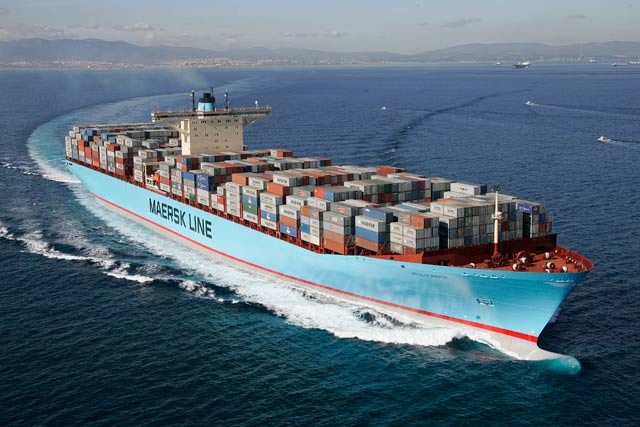High fuel costs and low freight rates have severely damaged the global shipping industry, and Southeast Asia has not escaped unscathed
The industry has been strained ever since the world’s two largest shipping companies – Maersk Line and Mediterranean Shipping Company (MSC) – engaged in a freight rate war last year when the economic slowdown in Europe and the United States led to over capacity.

Despite recent freight rate increases, Maersk said in April it expects to lose money again in 2012. It’s a similar story in Southeast Asia. Singapore-based Neptune Orient Lines, the world’s seventh-largest container shipper, reported a fifth consecutive quarterly loss in the first quarter of 2012 despite a cost-reduction plan. Thailand’s Precious Shipping reported a net loss of $1.3m for the first quarter of 2012, but the company expects the situation to improve in the coming months.
In Vietnam, the National Shipping Lines (Vinalines) was forced to scale down a $4.79-billion expansion plan by one-third following criticism of the company’s inefficiencies. With its 154-ship fleet, Vinalines has a current load capacity of 3.4m tonnes, which it would like to boost to 5.6m by 2020. But experts advise the government should support privately-owned shipping lines instead. Loss-making Vinalines mostly leases old, downgraded ships –
a business plan that has not proved a stable source of revenue and which exposes the company to liabilities when leaseholders get involved in disputes or lawsuits. Figures show that last year no less than 40 vessels leased by Vinalines were seized in overseas ports in China, India, and Japan due to technical failures or lessees’ involvement in financial disputes. In some cases Vinalines had to pay to get the ships back.

